Environmental Epidemiology Fellowship, CDC
Category : Alumni
CDC Office and Location: A research training opportunity is currently available with the Division of Environmental Health Science and Practice (DEHSP) within the National Center for Environmental Health (NCEH) at the Centers for Disease Control and Prevention (CDC), located in Atlanta, Georgia.
The CDC is one of the major operation components of the Department of Health and Human Services. CDC works to protect America from health, safety and security threats, both foreign and in the U.S. Whether diseases start at home or abroad, are chronic or acute, curable or preventable, human error or deliberate attack, CDC fights disease and supports communities and citizens to do the same.
Research Project: The fellow will receive training in environmental epidemiology with a focus on the asthma-related health effects of air pollution, including wildfire smoke. The fellow will support CDC’s activities by analyzing data, reviewing literature, and developing communications materials. The fellow will be trained in data management, epidemiologic analysis, and scientific presentation, and will develop expertise in related statistical and analytical methods. The fellow will also develop skills in critically reading epidemiologic literature and manuscript writing.
Learning Objectives: The training offered in this fellowship will teach the fellow about asthma, the health effects of air pollution and wildfires and environmental epidemiology. The fellow will also learn about how CDC collaborates with and supports state health departments and other federal agencies to address environmental issues.
- Fellow will be able to review and summarize epidemiologic literature.
- Fellow will be able to conduct an epidemiological analysis and provide appropriate interpretation.
- Fellow will be able to present analytic findings to a public health audience.
Mentor(s): The mentor for this opportunity is Toni Bivens (fxi9 [at] cdc [dot] gov). If you have questions about the nature of the research please contact the mentor(s).
Anticipated Appointment Start Date: October 1, 2022. Start date is flexible and will depend on a variety of factors.
Appointment Length: The appointment will initially be for one year, but may be renewed upon recommendation of CDC and is contingent on the availability of funds.
Level of Participation: The appointment is full-time.
Participant Stipend: The participant will receive a monthly stipend commensurate with educational level and experience.
Citizenship Requirements: This opportunity is available to U.S. citizens and Lawful Permanent Residents (LPR).
ORISE Information: This program, administered by ORAU through its contract with the U.S. Department of Energy (DOE) to manage the Oak Ridge Institute for Science and Education (ORISE), was established through an interagency agreement between DOE and CDC. Participants do not become employees of CDC, DOE or the program administrator, and there are no employment-related benefits. Proof of health insurance is required for participation in this program. Health insurance can be obtained through ORISE.
The successful applicant(s) will be required to comply with Environmental, Safety and Health (ES&H) requirements of the hosting facility, including but not limited to, COVID-19 requirements (e.g. facial covering, physical distancing, testing, vaccination).
Questions: Please visit our Program Website. After reading, if you have additional questions about the application process please email ORISE [dot] CDC [dot] NCEH [at] orau [dot] org and include the reference code for this opportunity.
The qualified candidate should have received a master’s degree in one of the relevant fields (e.g. Public Health with training in Epidemiology or Environmental Health), or be currently pursuing the degree with completion by December 31, 2022. Degree must have been received within five years of the appointment start date.
Preferred skills:
- Training in data management, epidemiology and biostatistics
- Interest in environmental health
- Working knowledge of SAS or R statistical programs
For more information and to apply, please click here.
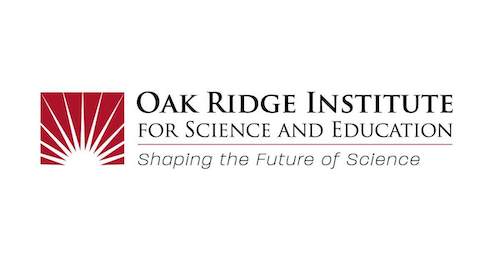

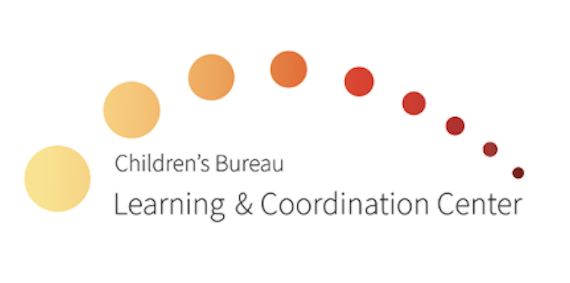
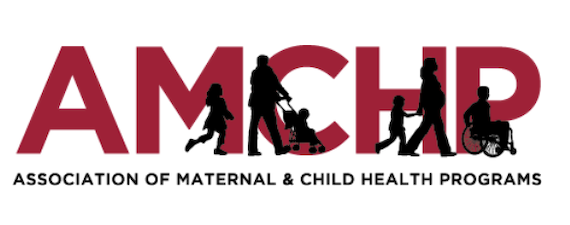
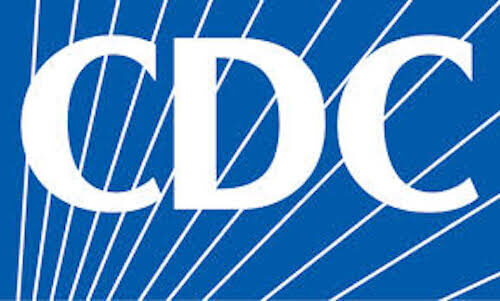

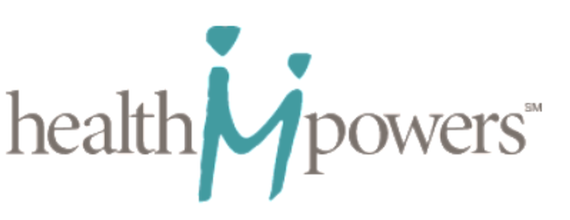


Recent Comments